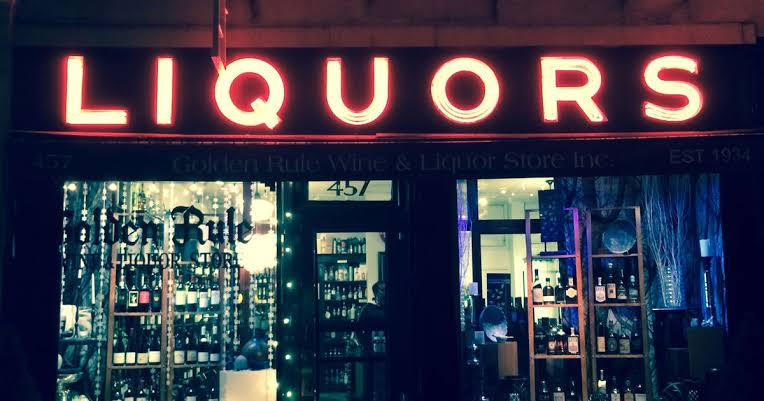
Danishwar Hameed
Amid growing public anger over viral videos showing tourists consuming alcohol in public places in Kashmir, support is surging for the proposed bill to ban alcohol in the region. People across Kashmir are welcoming the initiative, expressing gratitude to PDP MLA Fayaz Mir and NC legislator Ahsan Pardesi for planning to introduce the legislation aimed at preserving the “region’s cultural and religious values”.
The issue gained momentum after videos of tourists drinking openly in popular tourist spots sparked widespread criticism, with many Kashmiris arguing that such behavior “disrespects local traditions and social norms”.
The incidents intensified calls for stricter regulations on alcohol consumption and sales in Kashmir.
The proposed bill follows an earlier attempt by NC leader Aga Syed Ruhullah, who said that he will introduce a similar bill in the Lok Sabha, seeking a ban on alcohol in Muslim-majority areas of the region. Although the bill is still pending, it ignited discussions about the cultural and religious implications of alcohol consumption in Kashmir.
Social media platforms are now flooded with messages supporting the current bill. Shanawaz, a user, wrote, “Great move! If this gets successfully passed in the assembly, no one can stop me from voting for NC onwards.” Another user, Mehraj Lone, commented, “Small in number, great in work. Keep it up for the betterment of poor Kashmiris. We, as Muslims, can’t compromise on alcohol. It’s Peer Weer of Nund Resh—make it alcohol-free Kashmir.”
Hafiz Lateef echoed the growing sentiment, stating, “If beef is banned in other states of India out of respect for Hindu sentiments, why is alcohol easily available in Kashmir, where the majority is Muslim? Ban Alcohol in Kashmir!”
Prominent clerics have also voiced their support. Irshad Attari, a leading cleric from South Kashmir and the principal of Idara Tehqiqat-e-Islami, which has over 1,000 clerics associated with it, stated,
“This bill is a step in the right direction. Our society has been struggling with rising addiction rates, and it is high time we address the root cause. Banning alcohol is not just a religious obligation but a social necessity.”
Past Movements Against Alcohol in Kashmir
This is not the first time Kashmir has witnessed a movement against alcohol. In Kashmir, opposition to alcohol has deep cultural, religious, and political roots.
In 1959, the government under Bakshi Ghulam Mohammad introduced partial prohibition, reflecting societal sentiments.
Sheikh Abdullah also played a significant role in this movement. During his tenure as Chief Minister from 1977-82, he imposed stricter regulations on alcohol and ordered the closure of several liquor shops, particularly in Muslim-majority areas.
The 1980s witnessed a surge in anti-alcohol protests across Kashmir, most of them led by religious scholars who condemned alcohol consumption as un-Islamic and morally corrupting.
In the recent past, influential clerics like Moulana Ghulam Rasool Hami and Qazi Yasir campaigned for legislation to ban alcohol in the region, reflecting a longstanding sentiment against the sale and consumption of intoxicants.
Mutahda Ulema-e-Ahli Sunnat also launched a significant campaign in 2014-15, staging protests across Kashmir and initiating a signature drive demanding an alcohol ban. Their movement highlighted societal concerns regarding addiction and moral decline linked to alcohol consumption.
As the bill moves towards discussion in the upcoming Assembly session, all eyes are on the lawmakers to see how they respond to the growing public demand for an alcohol-free Kashmir.




